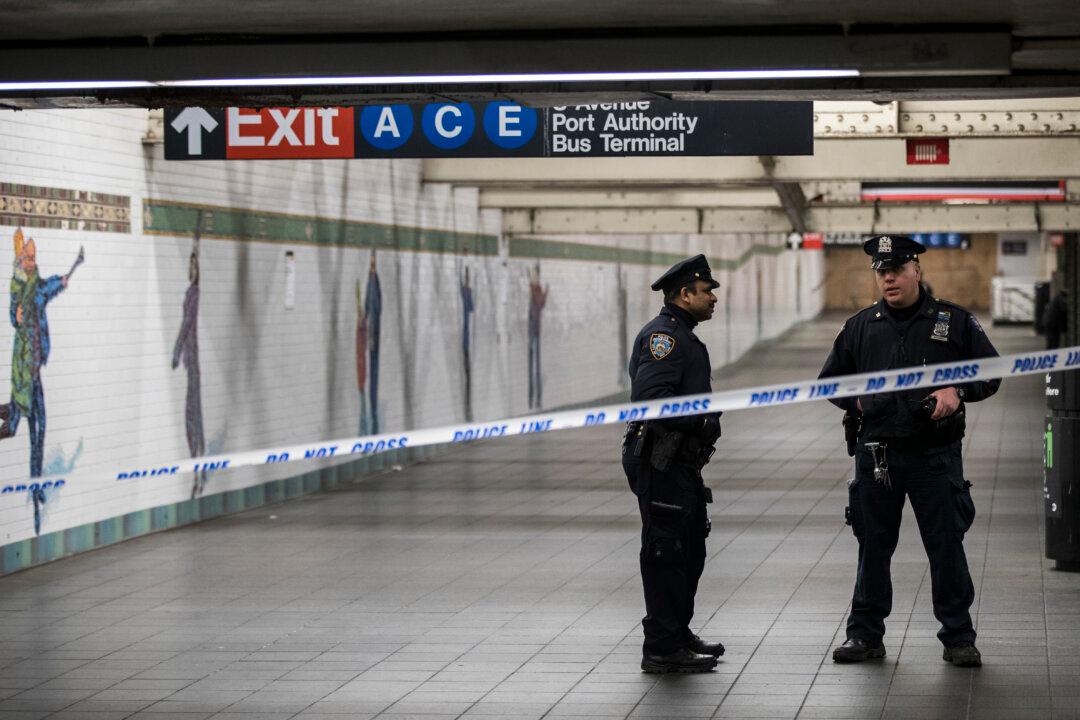NEW YORK—The Bangladeshi man accused of detonating a bomb last December in a New York City subway passageway on behalf of ISIS was found guilty on Nov. 6, of all six criminal counts against him, including use of a weapon of mass destruction and support of a terrorist organization, according to federal prosecutors.
The verdict against Akayed Ullah, 28, came after a week-long jury trial in Manhattan federal court. Ullah faces a possible sentence of life in prison.





